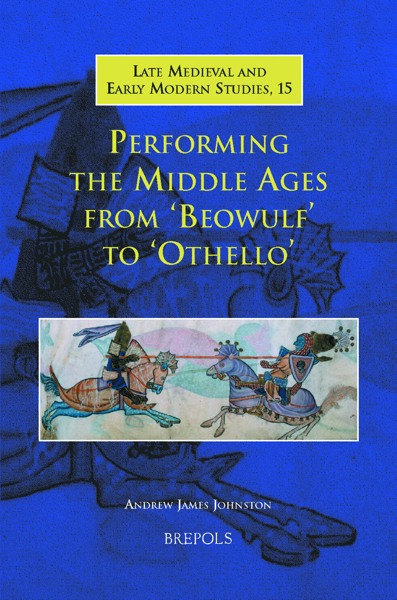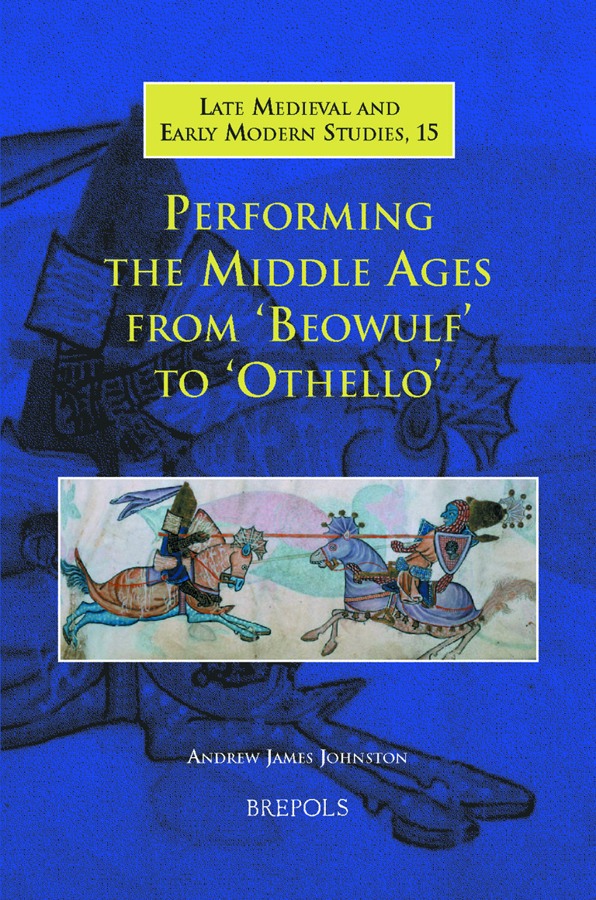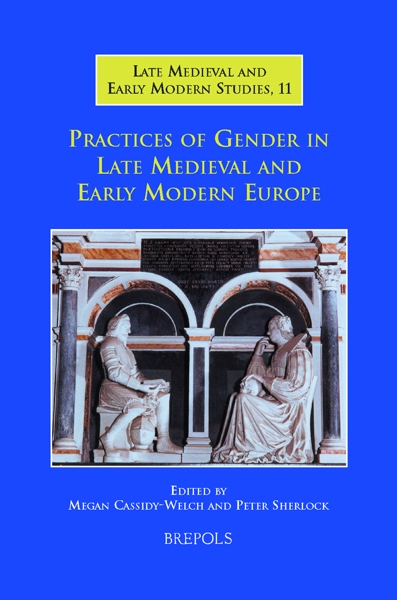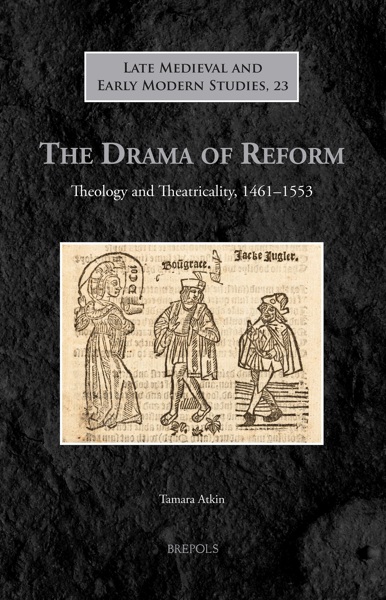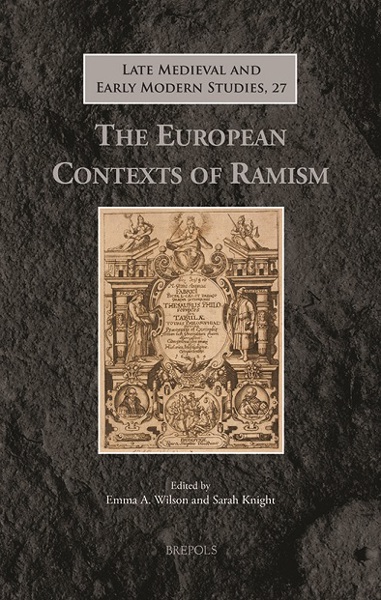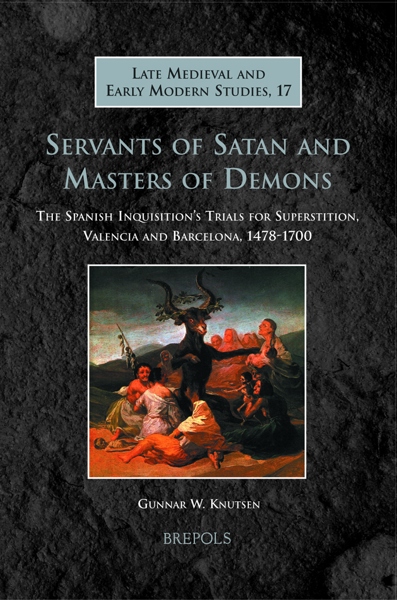
Performing the Middle Ages from 'Beowulf' to 'Othello'
Andrew James Johnston
- Pages: 344 p.
- Size:156 x 234 mm
- Language(s):English
- Publication Year:2009
- € 45,00 EXCL. VAT RETAIL PRICE
- ISBN: 978-2-503-52755-0
- Hardback
- Available
- € 45,00 EXCL. VAT RETAIL PRICE
- ISBN: 978-2-503-57193-5
- E-book
- Available
"[...] there is more than enough in it to fascinate specialists in the texts and authors that Johnston traverses, as well as the wider community of scholars who continue to be troubled by the patronizing subordination of the early to the late." (Ellen MacKay, in The Medieval Review, 4 December 2009)
"A sophisticated and highly suggestive piece of work, which offers a formidable counterpoint to a whole range of hoary generalizations." (B. Parsons, in:Medium Aevum LXXIX, 2010, p. 133-134)
"Johnston's diligent and thorough book tries to challenge and modify all those ideological assumptions that seek to establish our understanding of modernity ex negativo [...]." (Christoph Houswitschka, in Anglia. Zeitschrift für englische Philologie128/3, April 2011)
Introduction
Chapter 1: Beowulf and the Mask of Archaism
Chapter 2: Performing Anti-subjective Subjectivity in Late-Medieval English Literature
Voyeurism and Narratorial Power The Cultural Politics of the ‘Knights Tale’
Effacing the Subject of Confession in Sir Gawain and the Green Knight
Chapter 3: History and Medievalism in the Alliterative Morte Arthure
Chapter 4: Othello and the Chivalric Origin of ‘Renaissance Man’
Conclusion
Bibliography
